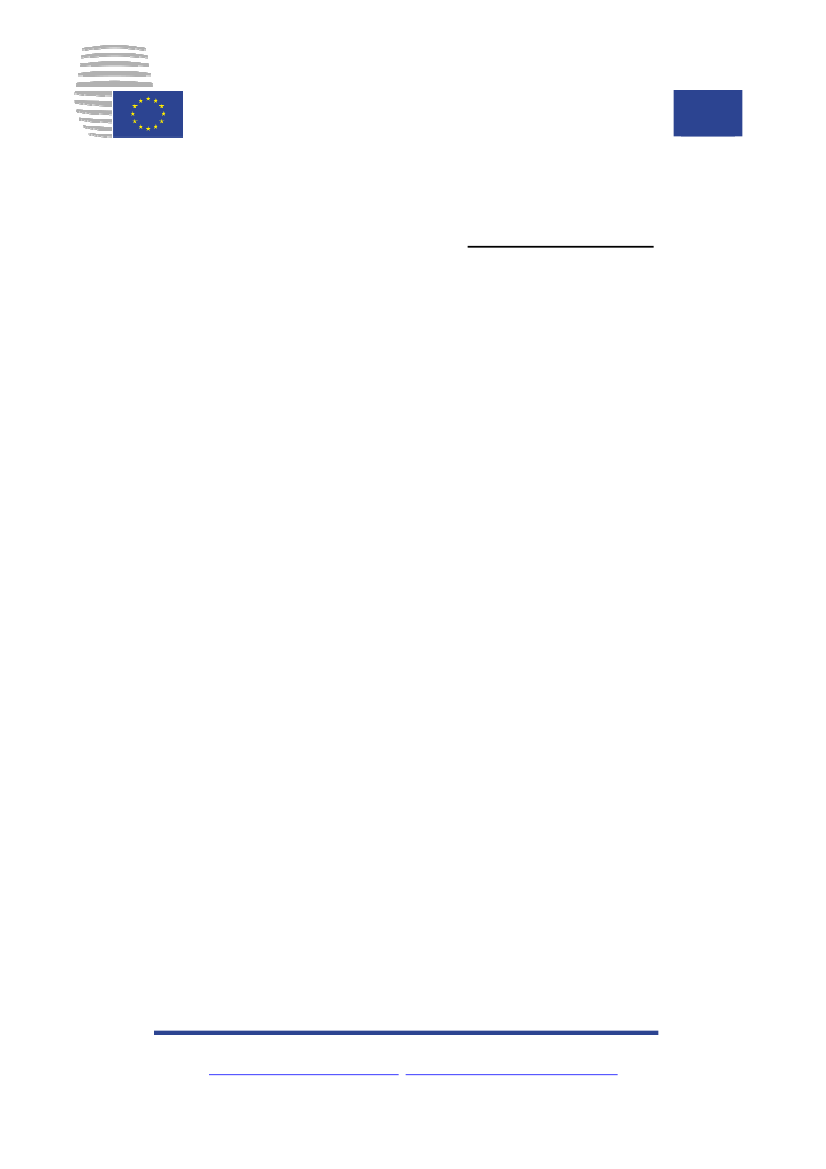
Council of the
European Union
14451/14
(OR. en)
PROVISIONAL VERSION
PRESSE 530
PR CO 52
EN
PRESS RELEASE
3340th Council meeting
Foreign Affairs
Luxembourg, 20 October 2014
President
Catherine Ashton
High Representative of the Union for Foreign Affairs and
Security Policy
PRESS
Rue de la Loi 175 B – 1048 BRUSSELS Tel.: +32 (0)2 281 6319 Fax: +32 (0)2 281 8026
[email protected] http://www.consilium.europa.eu/press
14451/14
1
E